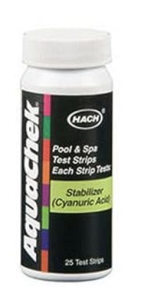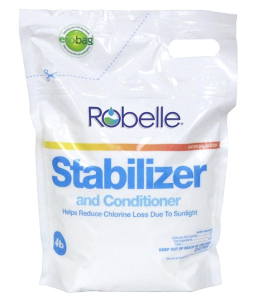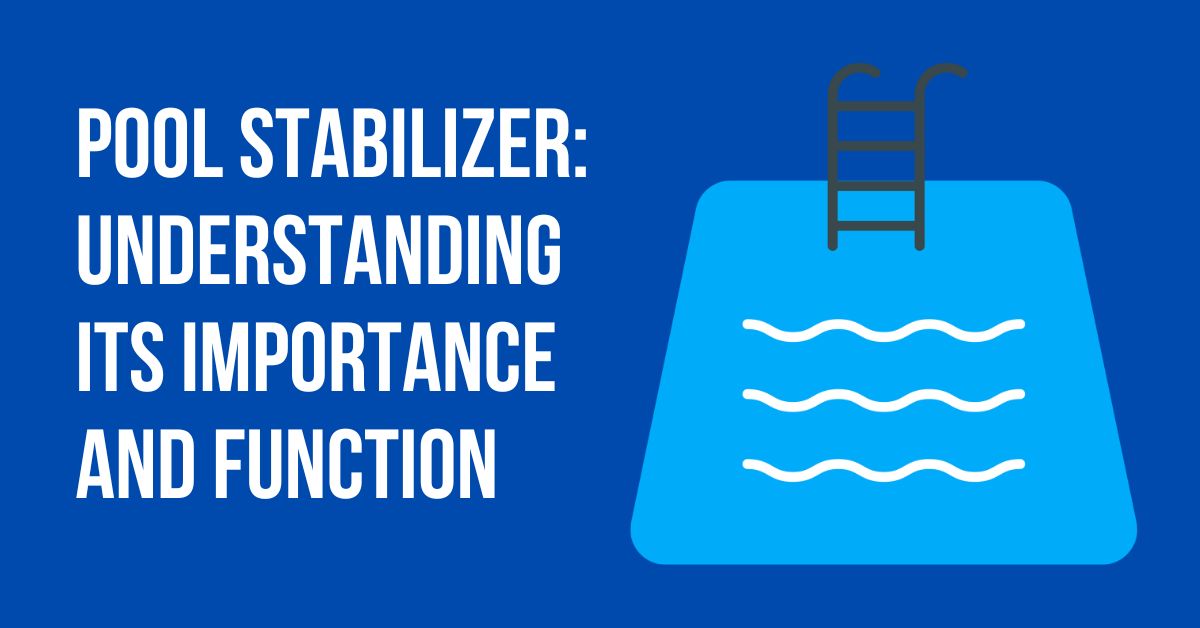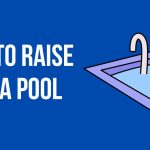Pool Stabilizer: Understanding Its Importance and Function
Maintaining a well-balanced pool involves understanding various chemicals and their roles. One essential chemical that often goes unnoticed is pool stabilizer, also known as cyanuric acid. In this guide, we’ll delve into the significance and function of pool stabilizer and why it’s a crucial component of proper pool care.
The Purpose of Pool Stabilizer
Pool stabilizer, or cyanuric acid, is a chemical compound specifically designed to protect chlorine from the degrading effects of ultraviolet (UV) sunlight. Chlorine, a primary sanitizer in pools, can break down when exposed to sunlight, reducing its effectiveness in killing bacteria, algae, and other contaminants.
How Pool Stabilizer Works
Pool stabilizer forms a protective shield around chlorine molecules, acting as a sunscreen for your pool water. When chlorine is stabilized, it remains active for a longer period, even in direct sunlight. This ensures that your pool water remains effectively sanitized and minimizes the need for frequent chlorine additions.
Benefits of Using Pool Stabilizer
Prolonged Chlorine Lifespan
The main benefit of using pool stabilizer is the extension of chlorine’s lifespan. This leads to reduced chlorine consumption, making your pool care routine more cost-effective and efficient.
Consistent Sanitization
With stabilized chlorine, your pool water maintains a consistent level of sanitization, even during sunny days. This consistency translates to clearer water and a healthier swimming environment.
Reduction in Chemical Usage
Less frequent need for adding chlorine means you’ll use fewer chemicals overall, which is better for the environment and your wallet.
Applying Pool Stabilizer
Testing Cyanuric Acid Levels
Before adding pool stabilizer, it’s essential to test the cyanuric acid levels in your pool water. The ideal range is typically between 30 to 50 parts per million (ppm).

Adding Stabilizer
If the cyanuric acid levels are too low, you can add stabilizer by pouring it directly into the pool water. Be sure to follow manufacturer instructions for dosing, as overusing stabilizer can lead to excessive levels.

Dispersing Stabilizer
To ensure even distribution, brush the pool walls and floor after adding the stabilizer. This helps the chemical dissolve and mix thoroughly with the water.
Retesting
Wait for a few days after adding stabilizer before retesting the cyanuric acid levels. This allows the stabilizer to fully dissolve and disperse. Make adjustments if necessary.
Conclusion
Pool stabilizer, or cyanuric acid, is a vital ingredient in maintaining a balanced and efficient pool environment. By safeguarding chlorine from the effects of sunlight, stabilizer ensures that your pool water remains sanitized, clear, and comfortable for swimmers. Regular testing and proper application of stabilizer contribute to a well-maintained pool that everyone can enjoy.
FAQs
1. Can I skip using pool stabilizer?
While you can operate a pool without stabilizer, its absence might lead to quicker chlorine degradation, requiring more frequent chemical additions.
2. Can I use too much stabilizer?
Yes, excessive stabilizer levels can lead to a condition called “chlorine lock,” where chlorine becomes less effective. Follow recommended dosing guidelines to avoid this issue.
3. Is pool stabilizer the same as chlorine?
No, pool stabilizer is not the same as chlorine. It works to protect chlorine from UV degradation, allowing chlorine to remain effective for a longer time.
4. Can I overdose on pool stabilizer?
Overdosing on pool stabilizer can lead to imbalanced water chemistry. It’s crucial to maintain proper levels through regular testing and careful dosing.
5. How often should I test cyanuric acid levels?
Test cyanuric acid levels at the beginning of the swimming season and then periodically throughout the season to ensure they remain within the recommended range.




